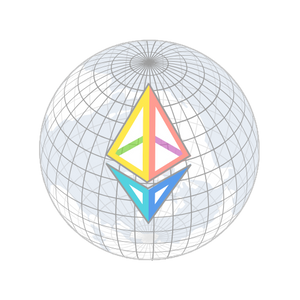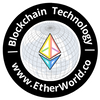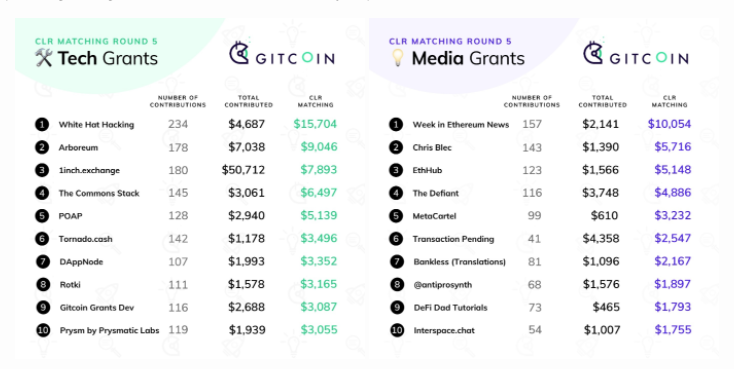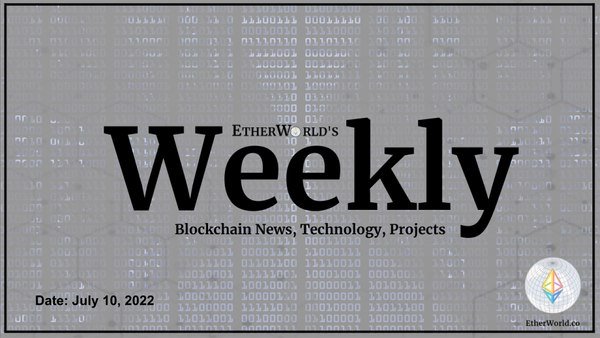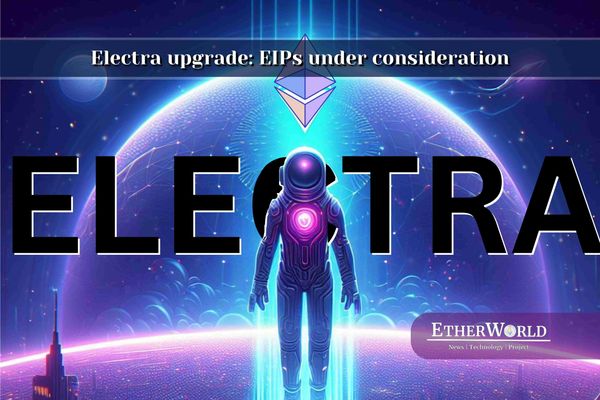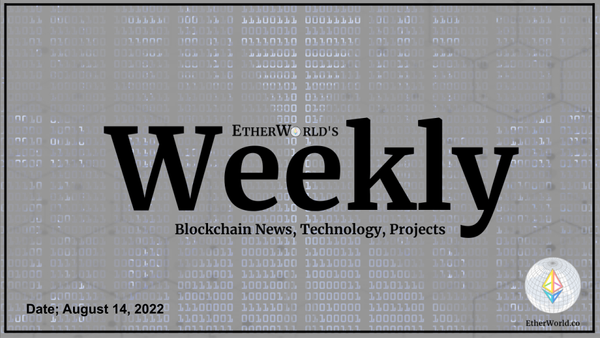One of the biggest grants of Ethereum ecosystem, the Gitcoin Grant recently concluded the CLR round 6 with $175000 in matching.
What is Gitcoin Grant?
Gitcoin is a bounties platform which is open sourced on the Ethereum blockchain. It gives space that allows open source developers to get paid for their work and also contribute to open source projects. The open source projects get exposure to a huge community of very hardworking developers who would not have had such exposure otherwise in return. It is a platform for you to get paid for working on open source software in Python, Rust, Ruby, JavaScript, Solidity, HTML, CSS, and Design.
Gitcoin Grant introduced in Jan 2019 with EIP 1337 standards, are funds that are recurring for open source work that help raise money through the supporters of the ecosystem, big or small by using the blockchain. Gitcoin grants allow you to generate cash flow consistently to support the great work that people are already doing.
CLR Plans of Gitcoin 2020
Gitcoin plans on running planned 4 CLR rounds with at least quarterly rounds in 2020. They hope that these rounds that are scheduled regularly will help grantees use these funds not only as additional donations but as a strong source of funding for their operations in the Ethereum community. The draft schedule is below:
• January 6th — January 21st will be Q1 match
• March 16th — March 30th will be Q2 match
• June 15th — July 3rd will be Q3 match
• September 14th — September 28th will be Q4 match
Their aim for this period is to allocate at least 1.5 million to infrastructure (Ethereum) during this time.
Round 6
The Gitcoin round 6 with $175,000 matching ended Friday, July 3rd. The community understands the importance of contribution and the results emerge in a relatively predictable pattern.
Round 6 of the Gitcoin CLR received an outstanding participation of community with admission of 'EIP-1559 Community Fund' just a few days before the closing of the round.
EIP-1559 Community Fund
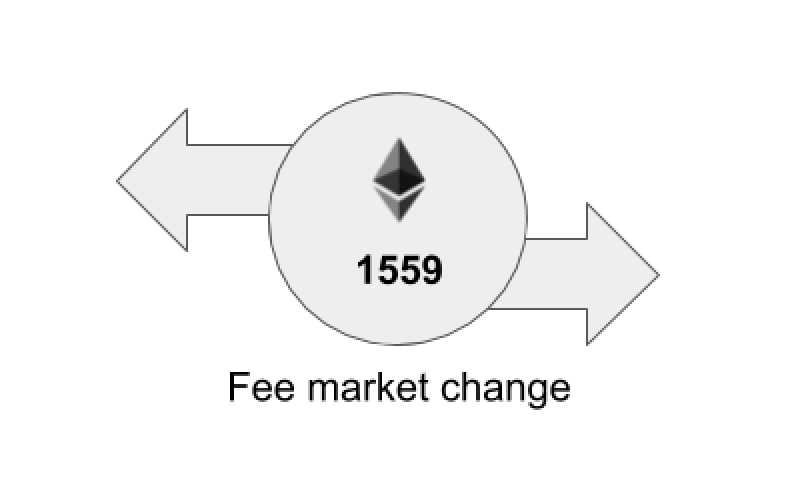
This grant is created to support the research and development of blockspace & fee market improvements for Ethereum, in particular of EIP-1559 and other proposals that have been made to improve the transaction experience on Ethereum.
The grant attracted highest number of contributors (410), fund raised (29540.51 DAI) and CLR (35571 DAI).
Other top fund raising projects are:
- KERNEL
- No kid hungry and more.
DRAFT Schedule for payout:
- Thursday 7/9: Payouts Start
- Tuesday 7/14: Target Date for Payouts Complete
Round 5
Gitcoin Grants Round 5 raised a total of $492K amongst Ethereum tech, Ethereum media and COVID projects. It was the largest round ever, accounting for almost half of the $1.2MM that was raised in the previous year. It concluded with $250,000 of matching split between tech, media, and the new (non-Ethereum-centric) category of "public health".
Week in Ethereum had the highest total amount received in round 4 and 5. EthHub and Bankless were also near the top in both the rounds.
Round 4
The Gitcoin Grant Round 4 was open from January 6th, 2020 till January 21st, 2020 and was allocated between two pools to direct the match, contributions of any preferable size or amount made during these two weeks.
- The Community Pool: The pool that supports media, community and marketing projects.
- The Infrastructure Pool: The pool that supports the Ethereum infrastructure projects spanning ETH 2.0, decentralized finance (DeFi), crypto wallets, UX.
It uses the Liberal Radicalism mechanism for quadratic funding which is where the sum of radicals of donations made to a project to define its match to allocate the $200K matching pool(s).
Round 4 Tech Grants CLR Matching
• Trinity by Piper Merriam estimated 2,782 DAI and funded 3,495 DAI with 79 contributions by 77 contributors.
• Tornado.cash by Roman Storm estimated 27,521 DAI and funded 2,830 DAI with 242 contributions by 217 contributors.
• WalletConnect by Pedro Gomes estimated 1,396 DAI and funded 2,533 DAI with 62 contributions by 56 contributors
• DeFiZap by Nodar Janashia estimated 8,151 DAI and funded 2,277 DAI with 150 contributions by 130 contributors
• Uniswap by Hayden Adams estimated 2,801 DAI and funded 12,327 DAI with 222 contributions by 163 contributors.
• MetaGame by peth-yursick estimated 10,006 DAI and funded 910 DAI with 149 contributions by 131 contributors
• Sablier by Paul R Berg estimated 8,090 DAI and funded 1,023 DAI with 134 contributions by 126 contributors
• The Commons Stack by Griff Green estimated 3,734 DAI and funded 1,290 DAI with 84 contributions by 80 contributors
• DAppNode by Eduardo Antuña Díez estimated 8,782 DAI and funded 15,182 DAI with 159 contributions by 127 contributors
• Validity by Samuel JJ Gosling estimated 2,733 DAI and funded 331 DAI with 62 contributions by 57 contributors
Conclusion:
The biggest advantage of Gitcoin bounties is that it’s a try-before-you-buy way of hiring and can be started with small bounties, discrete tasks, and move on to tasks that need more situational awareness. The more the trust increases between a coder and a funder, the more advanced tasks are delegated. They also have a product called Code Fund that allows software developers with an audience to place advertisements on web properties. CLR can be defined as the mathematically optimal to fund public goods that the community cares about. Based on CLR, Gitcoin will equal contributions to open source software, like example, ETH 2.0 and ETH 1X. The CLR matching algorithm makes sure that projects that have a vast and huge base of support are funded, rather than those with just whales assisting them.
Future Prospects:
Gitcoin is moving from an industrial economy to an information economy. Gitcoin is excited about this new category they named as dynamic workforce assembly (DWA) which is a gradient between small tasks to part-time contracts, to being-full time. The other trend with the future of work is Nested Capitalism which is nothing but: Instead of viewing an organization as a large monolith, viewing it as a network. To see how the Gitcoin Grant network grows stronger and bigger in the coming years.
Resources: Gitcoin.co
